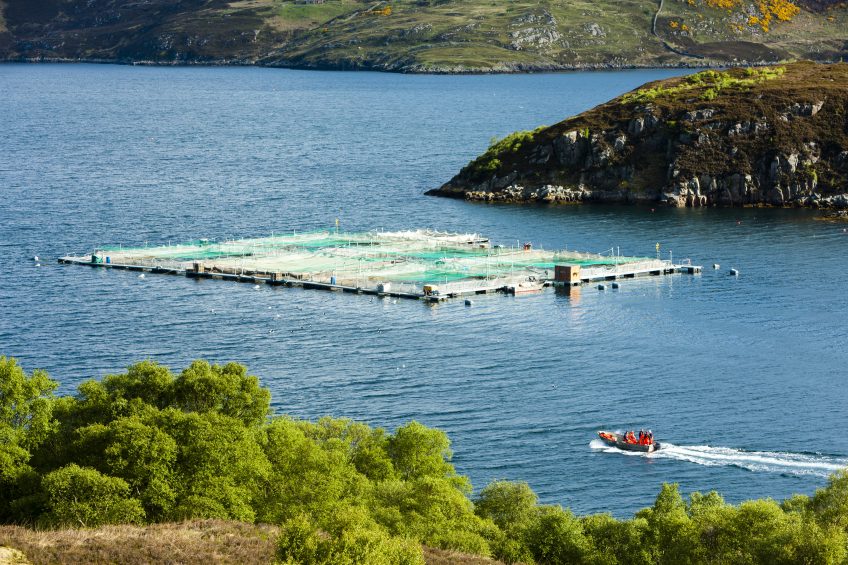Sustainable salmon feed

A collaborative project in the UK is aiming to deliver an alternative feed solution to Atlantic farmed salmon which may help relieve pressure on stressed marine resources.
The project will serve as both a proof of concept and a potential solution to the sustainability issue in supplying fish oils to farmed fish. Trials taking place in Scotland have been using oils from a genetically modified (GM) oilseed crop plant named Camelina. Plant scientist, Professor Johnathan Napier from Rothamsted Research, has long been exploring how to develop a sustainable source of omega-3 using transgenic plants. “It’s taken a decade to develop plants able to produce the oils and be used in aquaculture,” said Professor Napier. The modified Camelina has high-levels of the beneficial Omega-3 fatty acids, proving to be a safe and cost-effective source of these for aquaculture feeds. “A portion of farmed salmon today has about half the level of the Omega-3 fatty acids, EPA and DHA, compared to ten years ago,” advises fellow researcher, fish nutritionist, Professor Douglas Tocher from Stirling University. This research aims to return levels of omega-3 fatty oils in farmed fish to the levels of a decade ago. “This GM technology shows great promise as a solution to help fish farming remain even more sustainable while continuing to grow as an industry,” concludes Napier.












